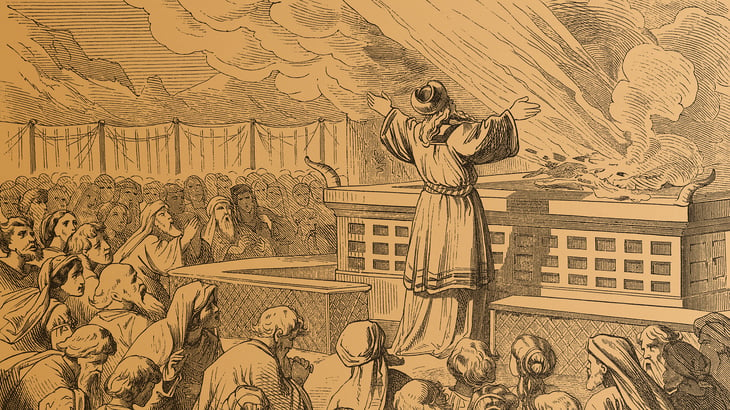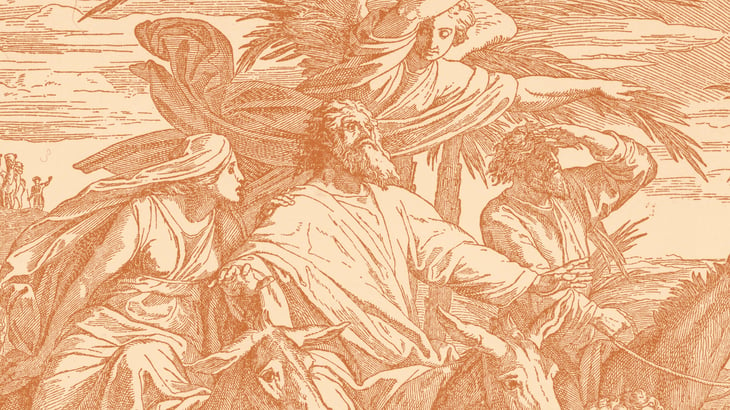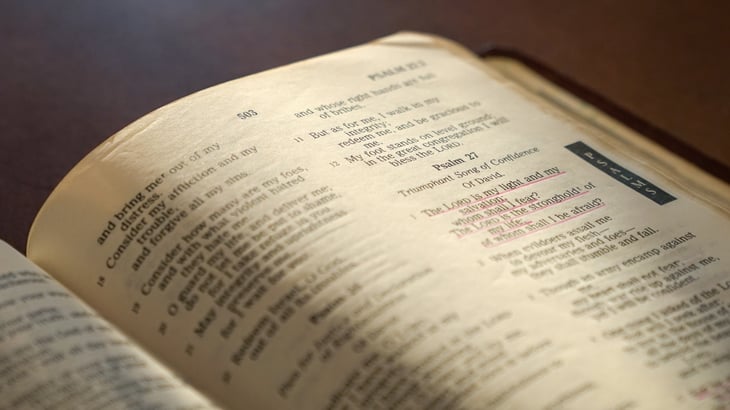Sacrifice, Atonement, and Holiness in Leviticus
Externally, Israel’s sacrifices have much in common with sacrifices all over the world, but Israel’s sacrifices are sacraments. From God’s side they belong to the realm of justification: God used them to hallow His people and declare them just or righteous. One major evidence of this is the fact that no sacrifices were valid for willful, deliberate sins (committed “with a high hand”); these, if repented of, were apparently covered only by the comprehensive offering on the Day of Atonement.
Exodus and God’s Law
This blog post is adapted from Lutheran Bible Companion, Volume 1: Introduction and Old Testament.
Preaching on the Psalms
If you are a pastor, when was the last time you preached on one of the Psalms? If you are not a pastor, when was the last time you heard a sermon on one of the Psalms? Is it just me, or are the Psalms often overlooked and underused in preaching? I began to notice this several years ago and found I was not alone. Others had noticed a lack of Psalms sermons too.
Genesis and God’s Salvation Plan
Psalm 27 Commentary: True Salvation in God
One of the themes that weaves its way through Psalm 27 is the belief that true salvation is to be found only in the presence of Yhwh. The speaker desires to dwell in the house of Yhwh so that he can see “the beauty of Yhwh” (27:4). And he knows that in His house, Yhwh will protect him from his enemies (27:4–6). When he feels threatened, he is determined to seek Yhwh’s presence, and he asks Yhwh not to hide His presence from him or to forsake him (27:8–9). And the final encouragement from the speaker is to “wait for Yhwh” (27:14).
Old Testament Prophecy and the Birth of Christ
As we begin the season of Advent, we wait for the celebration of the birth of the Messiah. We wait and reflect on what it means that Jesus fulfilled the prophecies of the Old Testament, especially the prophecies that foretold His birth. We look at three specific prophecies about Christ's birth found in Isaiah and Micah.
Three of the Best Commentaries on the Book of Daniel
This twelve-chapter book has profoundly influenced how Christians understand prophecies concerning Christ through the rest of the Bible. And its practical message of remaining faithful to God despite the surrounding culture is powerfully relevant for us today.

















